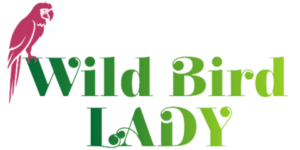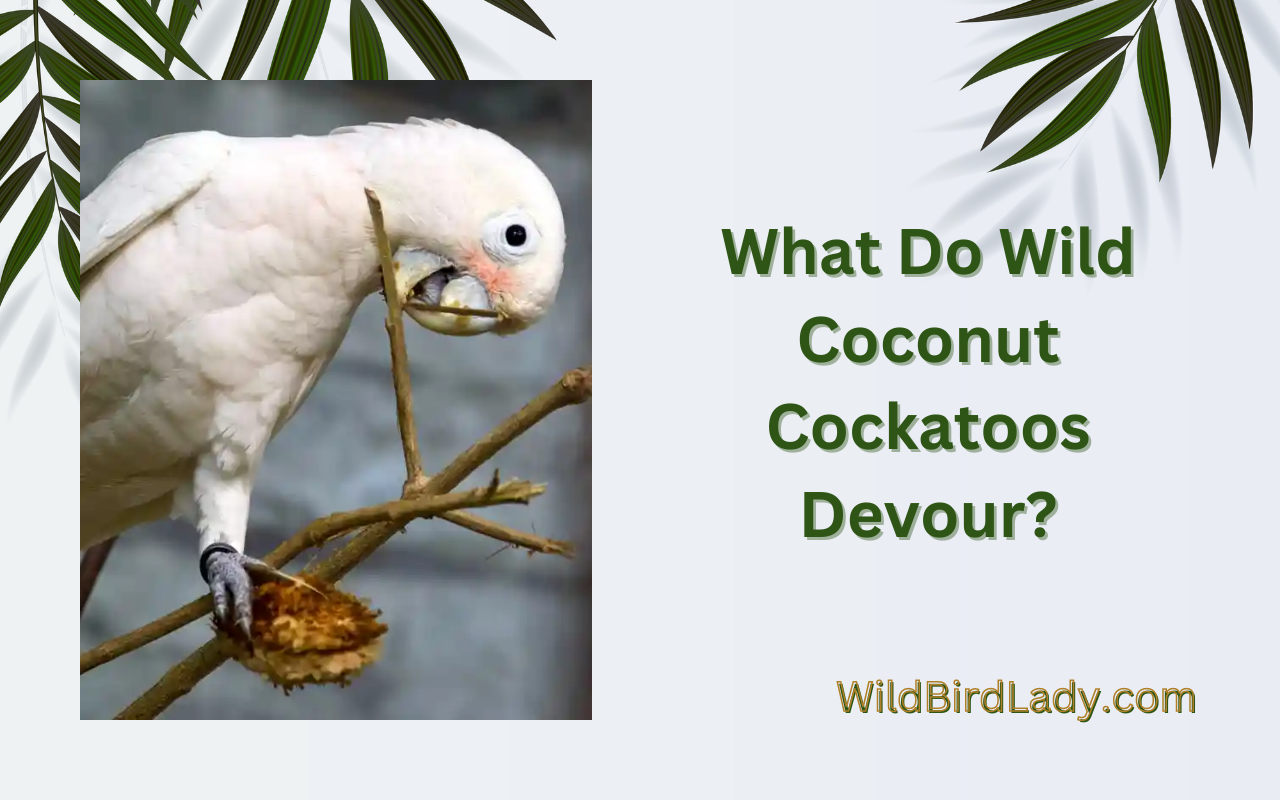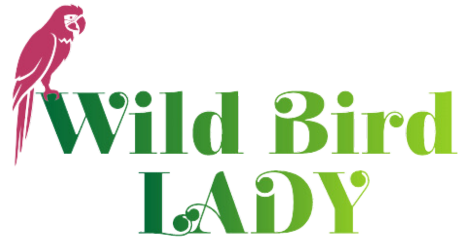Coconut cockatoos in the wild primarily feed on nuts, seeds, fruits, and insects. These parrots are found in the rainforests and woodlands of australia, indonesia, and papua new guinea, and their diet often varies according to the availability of food in their natural habitat.
These birds can crack open nuts and seeds using their strong beaks, and they use their claws to grip and manipulate food items. They also forage for fruits and berries in trees and shrubs. Coconut cockatoos are social birds and often feed in flocks, which allows them to find food more efficiently and protects them from predators.
In captivity, their diet must be carefully monitored to ensure they receive adequate nutrition and to prevent them from becoming overweight, as they are prone to obesity.

Credit: www.amazon.com
Natural Habitat And Diet Of Wild Coconut Cockatoos
Wild coconut cockatoos are endemic birds found in certain areas of indonesia. These birds, also called the yellow-crested cockatoo, live in the lowland tropical forest and make their habitats in the canopies of trees.
Description Of Where Wild Coconut Cockatoos Are Commonly Found
- Wild coconut cockatoos are native to the islands of indonesia, including sulawesi, sumba, and timor.
- These birds prefer to live in the lowland tropical forest, where they make their habitats in the treetops.
- The wild population of these birds has decreased significantly, and now they can only be found in certain areas of indonesia.
Explanation Of The Natural Diet Of Wild Coconut Cockatoos
Wild coconut cockatoos are known for their distinctive diet. As their name indicates, these birds love to eat coconuts, but that’s not all they eat. Their natural diet consists of:
- Fruits, such as mangos, papayas, and figs.
- Seeds and nuts, including pine nuts, almonds, and sunflower seeds.
- Insects and caterpillars, which provide them with the protein they need to survive.
These birds also require access to calcium sources, such as coral and seashells, to maintain their skeletal structure and beaks.
Discussion Of The Impact Of Deforestation On Their Natural Habitat And Food Sources
Deforestation is a significant concern for wild coconut cockatoos. As the human population has grown in indonesia, the forested land has been cleared to make way for farming and settlements. This has had a direct impact on the natural habitats and food sources of these birds.
- The destruction of lowland tropical forests has left these birds with fewer resources.
- Increased commercial activity has led to a reduction in coconut trees that are a crucial food source for these birds.
- The loss of coral reefs affects their access to calcium, which is needed for their beak and skeletal structure.
Deforestation and habitat loss pose real risks to the wild coconut cockatoo population. It is important to preserve the land where these birds live and the resources they need to survive. By protecting their natural habitat, we can help sustain the wild coconut cockatoos for future generations.
Feeding Habits Of Wild Coconut Cockatoos In Captivity
Wild coconut cockatoos are well known for their distinctive features, including their bright plumage and vibrant crest. These captivating birds have been able to adapt to various environments, allowing researchers to learn a great deal about their characteristics. One aspect that has been frequently studied is their feeding habits.
In this section, we will provide an insight into the feeding habits of wild coconut cockatoos in captivity, examining their ability to adapt to different food sources, the types of food commonly given to them in zoos and households, and their nutritional needs.
Examination Of How Wild Coconut Cockatoos Adapt To Different Food Sources In Captivity
Wild coconut cockatoos are highly adaptable birds, which means they can survive in different environments. However, this adaptability doesn’t come easy; these birds need to adjust their feeding habits to suit the surroundings. When it comes to captivity, these birds can adapt to different food sources quite easily.
They can consume various types of food with a lot of nutritional value. These foods include:
- Fresh fruits: Wild coconut cockatoos love eating fresh fruits such as bananas, apples, and oranges.
- Vegetables: They can also eat vegetables like broccoli, carrots, and squash.
- Nuts: These birds enjoy nuts such as almonds, cashews, and walnuts.
- Seeds: Wild coconut cockatoos can also eat different types of seeds, including sunflower seeds, pumpkin seeds, and flaxseeds.
Discussion Of The Types Of Food That Are Commonly Fed To Wild Coconut Cockatoos In Zoos And Households
Wild coconut cockatoos have specific dietary needs, and these can vary depending on the bird’s age and overall health. In zoos and households, some of the food types that are commonly fed to these birds include:
- Pellets: These are commercially available bird foods that come in various sizes and shapes. They contain all the necessary nutrients that wild coconut cockatoos require.
- Fruits and vegetables: In zoos, wild coconut cockatoos are often given fresh fruits and vegetables, which provide them with essential vitamins and minerals.
- Nuts and seeds: These are also among the common types of food given to these birds in captivity. However, it’s crucial to find a balance when feeding them nuts and seeds. Excessive consumption can lead to obesity and other health problems.
Analysis Of The Nutritional Needs Of Wild Coconut Cockatoos In Captivity
Wild coconut cockatoos require a balanced diet to thrive in captivity. In general, these birds need a diet that is low in sugar and fat but high in fiber, protein, vitamins, and minerals. Nutritional imbalances can lead to health issues such as feather plucking, obesity, and liver disease.
Some of the essential nutrients that wild coconut cockatoos need include:
- Vitamins: Wild coconut cockatoos need vitamins a, b complex, c, and d for good health.
- Minerals: These birds require minerals such as calcium, iron, and zinc, which help in building strong bones and maintaining a healthy immune system.
- Fiber: Wild coconut cockatoos need a high fiber diet to promote healthy digestion, which is essential for their overall well-being.
Understanding the feeding habits of wild coconut cockatoos is essential for their overall health and well-being. In captivity, a well-balanced diet is crucial, and providing the necessary nutrients is paramount. By adapting their diet to suit various surroundings, wild coconut cockatoos can thrive in different environments and continue to captivate researchers and bird enthusiasts alike.
Human Impact On The Diet Of Wild Coconut Cockatoos
Wild coconut cockatoos are beautiful birds, which are native to indonesia. These magnificent creatures rely heavily on their natural habitat to survive. Unfortunately, human activity has significantly impacted their diet, threatening their long-term survival. In this blog post, we will explore how deforestation, habitat disruption, and human interference have changed the food sources available to wild coconut cockatoos.
We will also examine the potential negative impact of this interference on the species’ survival.
Explanation Of How Human Activity Has Influenced The Diet Of Wild Coconut Cockatoos
The diet of wild coconut cockatoos is primarily herbivorous, consisting of fruits, flowers, seeds, and nuts. However, human activities like habitat destruction, land-use change, and agricultural expansion have caused significant damage to the environment, impacting their food sources. The reasons behind this interference are:
- Conversion of natural forests to agricultural fields
- Logging for timber, fuel, and paper production
- Mining activities
- Development of human settlements
As a consequence, the primary foods obtainable for these birds have undergone marked changes, leading to detrimental effects on the bird population.
Discussion Of How Deforestation And Habitat Disruption Has Led To Changes In The Food Sources Available To Wild Coconut Cockatoos
Deforestation and habitat disruption have resulted in significant changes to the availability of food for wild coconut cockatoos. Here are some of the key impacts:
- Destruction of natural forest has included the loss of native fruits and leaves, which are a source of nourishment for these majestic birds.
- Conversion of natural forest to agricultural areas often entails the introduction of non-native species, triggering competition and resource depletion, leading to reduced food availability.
- Changes in the composition of the ecosystem leading to the reduction of bird food that is important for their survival.
Overview Of The Potential Negative Impact Of Human Interference On The Long-Term Survival Of Wild Coconut Cockatoos
The long-term survival of the wild coconut cockatoos is threatened by human interference significantly. The potential negative impacts include the following:
- The removal of native flora and fauna from the environment has led to habitat degradation and loss of habitat, which has a negative impact on wild coconut cockatoo population.
- Wild coconut cockatoos rely solely on their natural habitat to find food and shelter, and alteration or removal of these habitats would have detrimental effects on their long-term survival.
- Human activities that disrupt these birds’ natural habitats have been known to alter their breeding patterns and lead to population decline.
Human interference has significantly impacted the diet of wild coconut cockatoos, and these birds’ long-term survival is under threat. It’s imperative that measures are put in place to safeguard their habitats and prevent further degradation of the environment.
Frequently Asked Questions Of What Do Coconut Cockatoos Eat In The Wild?
What Is The Natural Diet Of Coconut Cockatoos?
Coconut cockatoos feed on various nuts, fruits, seeds, and insects found in their natural habitat. They are especially fond of coconut flesh and other palm fruits.
Do Coconut Cockatoos Eat Meat?
While not strictly carnivorous, coconut cockatoos occasionally consume insects and small animals like lizards and snails to supplement their diet.
Can I Feed My Coconut Cockatoo Fruits From My Garden?
It is recommended to research and identify safe fruits for your coconut cockatoo before feeding. Some common fruits like avocado, chocolate, and grapes are highly toxic to them.
How Often Should I Feed My Coconut Cockatoo?
Coconut cockatoos should be fed daily with fresh food and water. Adult birds tend to eat once or twice a day while young birds require more frequent feeding.
Are There Any Foods I Should Avoid Feeding My Coconut Cockatoo?
Yes, certain foods can cause health problems for your bird. Avoid feeding them sugary or salty foods, avocado, chocolate, caffeine, and alcohol.
Should I Include Supplements In My Coconut Cockatoo’S Diet?
It is not necessary to supplement a healthy, balanced diet. However, consultation with a veterinarian can provide guidance on specific nutritional needs and potential supplements.
Conclusion
Coconut cockatoos are fascinating birds with a unique diet that includes various foods found in the wildest environments. From grass seeds to tree nuts, insects to flowers, these birds have adapted to eating an array of foods to stay healthy.
By understanding what these birds eat in the wild, we can better care for them in captivity, ensuring they receive a balanced and nutritious diet. Providing appropriate fresh fruits and vegetables, along with commercial bird feed, can help mimic the wild diet of coconut cockatoos.
Additionally, it’s important to avoid feeding them foods that could be harmful to their digestive system or overall health. Coconut cockatoos are beloved birds with a varied diet that can offer insight into their natural environment. Proper care and attention to their diet can help these beautiful creatures thrive in homes around the world.
Latest Posts
The Ultimate List: Top 8 Best Birdwatching Podcasts for Avid Birders
Looking for the top birdwatching podcasts? Here are the eight best options to tune into today! Birdwatching can be a thrilling, immersive experience that brings...
Stop Squirrels in Their Tracks: 10 Effective Ways to Safeguard Your Bird Feeder Pole
To prevent squirrels from climbing your bird feeder pole, use squirrel baffles and slippery poles. Here are ten effective ways to keep squirrels from stealing bird food and damaging bird feeders. ...


